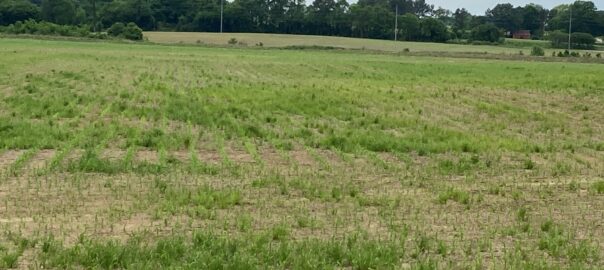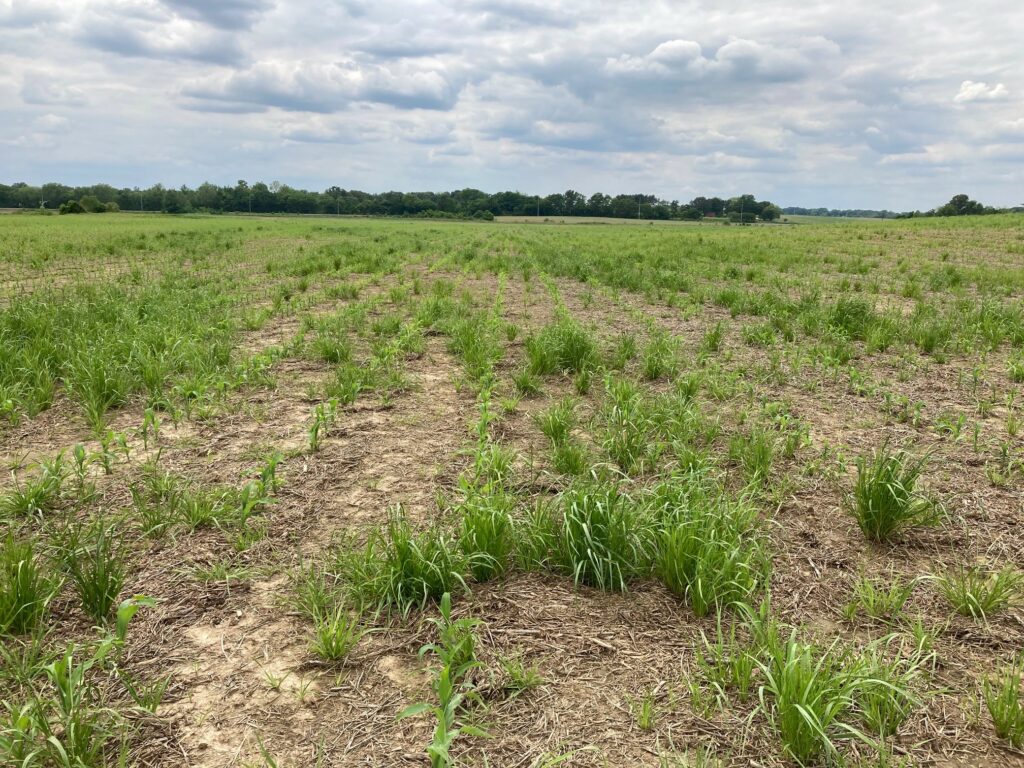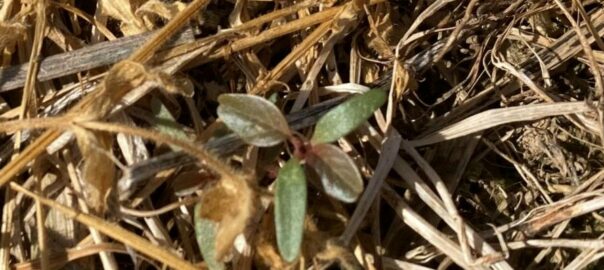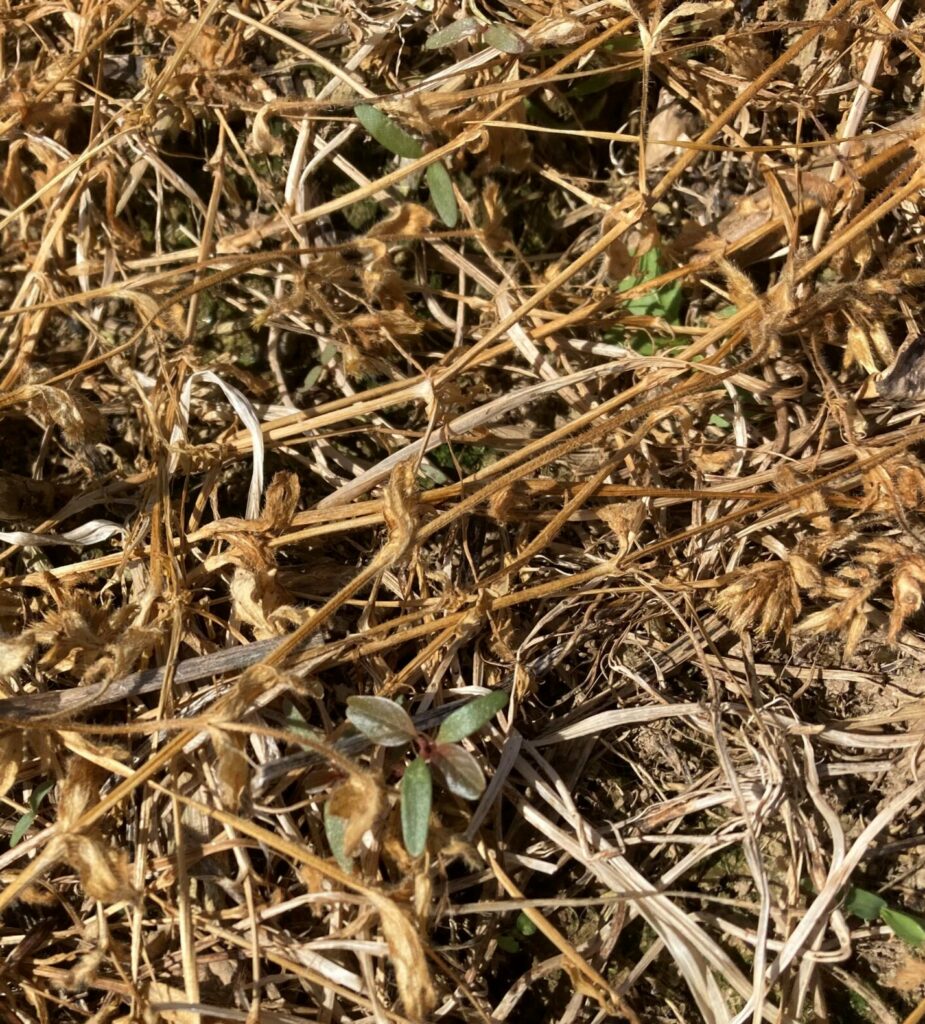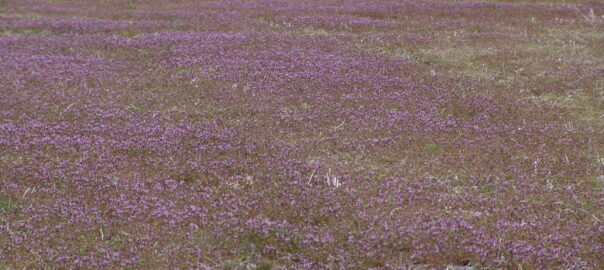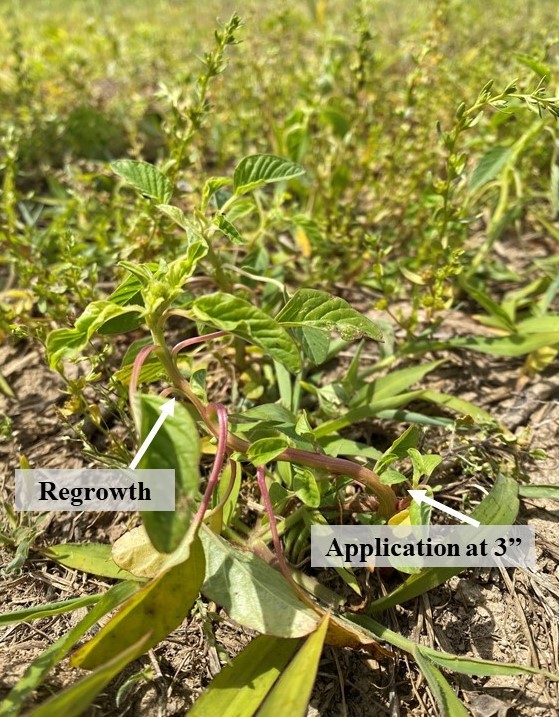
This picture (Picture 1) was taken just 4 days after a dicamba + glyphosate + clethodim application on 3” Palmer amaranth. Judging from some experience with this Palmer population, the growth after application would suggest it will likely survive. When we revisited the site indeed it had (Picture 2). Fields infested with similar Palmer populations are scattered about in a few counties in West and Middle TN. As such, there will be no substitute for first hand observation to determine if Palmer amaranth is recovering from a dicamba or Enlist application.
In our research more dicamba sensitive Palmer amaranth will often be dead or well on their way under good heat and moisture conditions in 7 days or so. Palmer that is showing regrowth from the apical meristem or lateral buds around 7 to 10 days after application often will live. Experience from last year would indicate that not only will they live but after a short pause will become quite competitive. Continue reading


